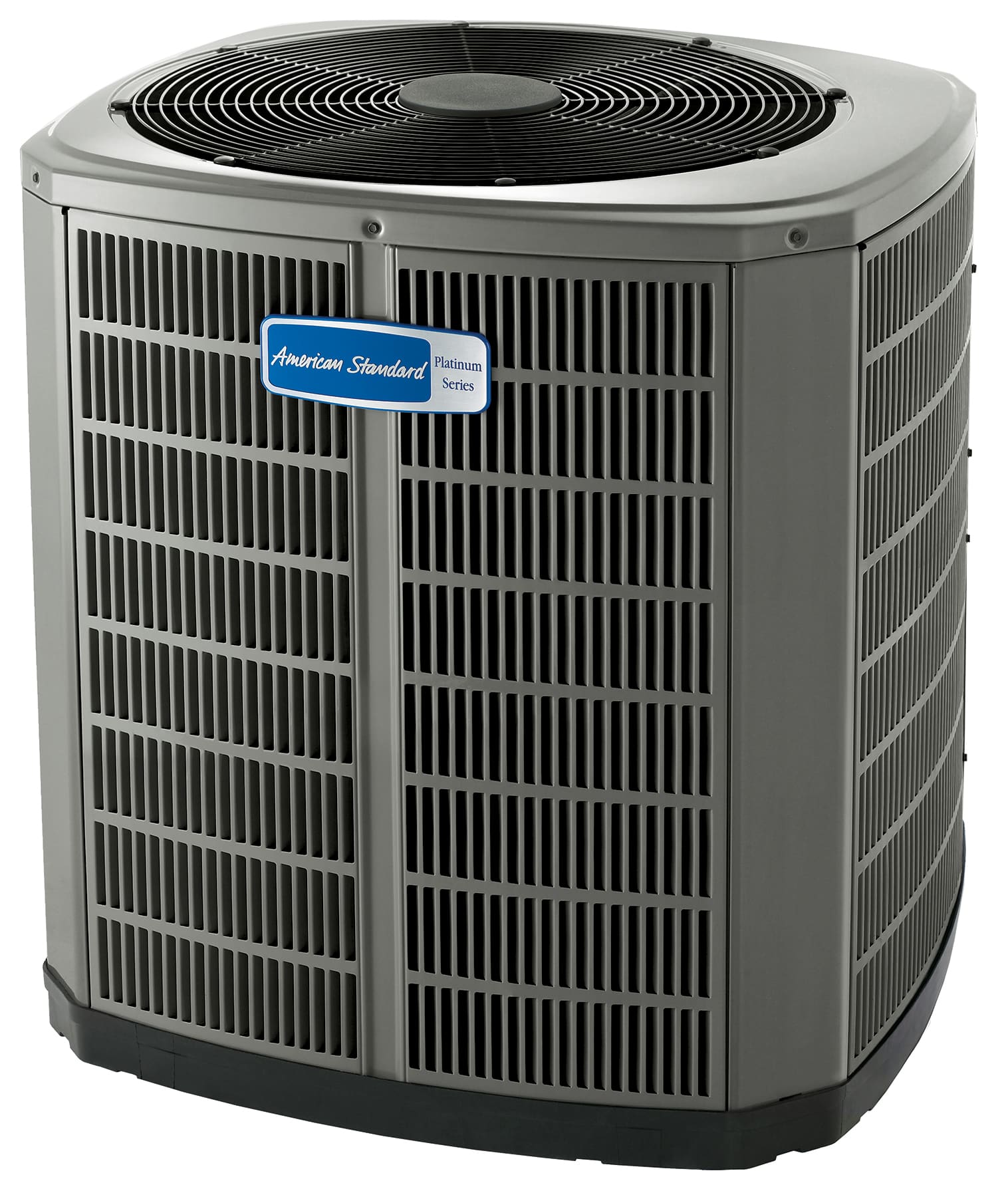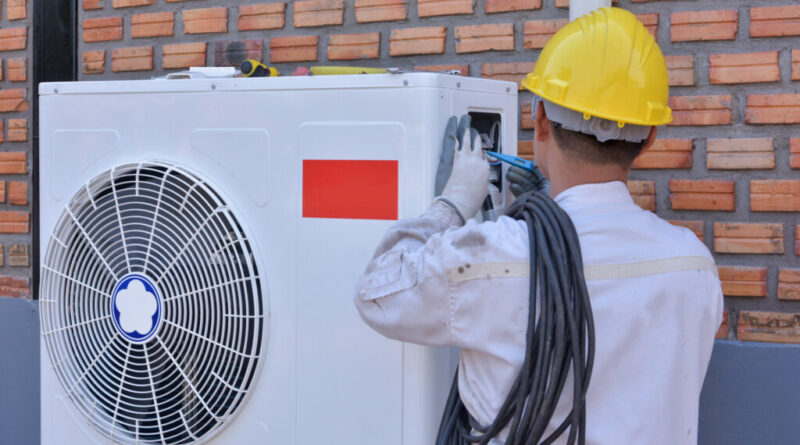The effects of refrigerant gases in climate change
Refrigeration and air conditioning systems, designed to regulate temperature by absorbing and releasing heat, hold a critical yet harmful secret: the gases they use contribute significantly to global warming when released into the atmosphere.
Historically, chlorofluorocarbons (CFCs) were the primary refrigerants. However, due to their destructive impact on the ozone layer, they were banned under the Montreal Protocol.
Subsequent replacements, hydrofluorocarbons (HFCs), introduced a new dilemma: their global warming potential (GWP) is thousands of times greater than carbon dioxide (CO₂). When HFCs escape during the production, use, or disposal of refrigeration systems, they trap heat intensely. For instance, one kilogram of HFCs has the same warming effect as releasing two metric tons of CO₂ equivalent to driving a car for six months.
These emissions exacerbate climate change, leading to extreme weather events such as heavy rainfall, rising sea levels, and environmental degradation.
Sources of Refrigerant Emissions and the historical evolution of refrigeration and its Iimpact

According to the Environmental Protection Agency (EPA), fridges, large-scale refrigeration units, and air conditioners predominantly use HFCs as cooling agents. When these appliances age or malfunction, HFCs can leak into the atmosphere, intensifying global warming at a rate far surpassing CO₂ emissions.
The International Energy Agency (IEA) highlights that the 19th-century Industrial revolution marked a turning point for environmental degradation. Reliance on coal, oil, and gas for industrial production and transportation led to unprecedented emissions of greenhouse gases like CO₂.
Simultaneously, rampant deforestation for agriculture and urbanization reduced Earth’s ability to absorb CO₂, compounding the issue.
As global population growth surged, so did the demand for food, energy, and industrial activities, amplifying emissions. By the mid-20th century, scientists began detecting tangible evidence of climate change, with rising global temperatures becoming apparent.
These revelations underscored the urgent need for sustainable development and environmentally conscious innovations.
Refrigeration technologies, such as refrigerators and air conditioners (ACs), which rely on potent HFC-based chemicals, emerged during this period as essential tools for modern living. Despite their benefits, over 95% of respondents interviewed by Greenafrica.rw were unaware of the environmental consequences of using these appliances.
For instance, Joselyne Niyomahoro, an AC user, remarked:
“I use this appliance to create a comfortable indoor atmosphere during hot weather. While it helps improve my living conditions, I was unaware of its environmental impact.”
Similarly, Alexandre Mugabo, a beverage vendor, stated:
“Fridges help us keep drinks cold for customers, but I have no knowledge of the emissions or environmental harm caused by their operations.”
Recommended Interventions
To mitigate these adverse effects, global and local strategies are being implemented to promote environmentally friendly cooling solutions.
The Rwanda Environment Management Authority (REMA) introduced the R-COOL GO initiative, in collaboration with the World Bank. This program enables salaried workers to acquire energy-efficient and environmentally friendly refrigerators and AC units through loans.
The initiative aims to phase out HFC-dependent appliances and reduce their impact on climate change.
The Intergovernmental Panel on Climate Change (IPCC) has warned that continued reliance on HFCs will exacerbate global warming, leading to severe environmental and social consequences.
To address this:
HFC alternatives: Transitioning to hydrocarbons (HCs) with lower GWP is encouraged.
Solar energy adoption: Increasing reliance on renewable energy sources like solar power reduces dependence on fossil fuels.
Recycling and safe disposal: Proper management of outdated appliances minimizes emissions during disposal.
Rwanda has demonstrated strong leadership in combating climate change, adhering to international agreements and implementing domestic policies for sustainable development.
In 2003, Rwanda ratified the Montreal Protocol, which seeks to phase out ozone-depleting substances like CFCs.
In 2015, Rwanda signed the Paris Agreement, committing to limit global temperature rise to below 2°C compared to pre-industrial levels.
In 2016, Rwanda hosted the 28th Meeting of the Parties (MOP28) to the Montreal Protocol, where the Kigali Amendment was adopted.
This landmark agreement focuses on reducing HFC use globally. Rwanda, as the host nation, pledged to implement these measures and encouraged other nations to do the same.

Cooling systems have undergone significant advancements: In 1830, the first manually operated fan was invented.
By 1834, Jacob Perkins developed the first refrigerating machine using ether.
In 1902, Willis Carrier introduced the first AC system for industrial cooling.
Refrigeration and cooling systems, while indispensable to modern life, are major contributors to global warming due to their reliance on HFCs.
In 1974, three scientists Mario Molina (from Mexico), Sherwood Rowland (from the United States), and Paul Crutzen (from the Netherlands) published groundbreaking research that highlighted the severe impact of CFCs (Chlorofluorocarbons) on the environment. These chemicals, widely used in refrigeration and air conditioning systems, were shown to have devastating effects on the Earth’s ecosystem.
Their research revealed that when released into the atmosphere, CFCs rise to the stratosphere, where they destroy the ozone layer a critical shield that protects the planet from harmful UV-B radiation. The breakdown of this layer posed significant risks, including an increased prevalence of skin cancer, respiratory issues, and damage to aquatic ecosystems and biodiversity worldwide.
This pivotal study, published in Nature in June 1974, sparked a global awakening to the dangers of these substances. In response, the Montreal Protocol was established in 1987 to phase out the production and use of ozone-depleting chemicals. The scientists’ contributions were recognized with the 1995 Nobel Prize in Chemistry, honoring their vital role in safeguarding the planet’s atmosphere.


